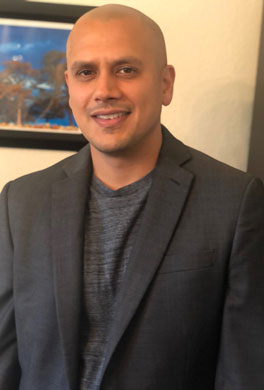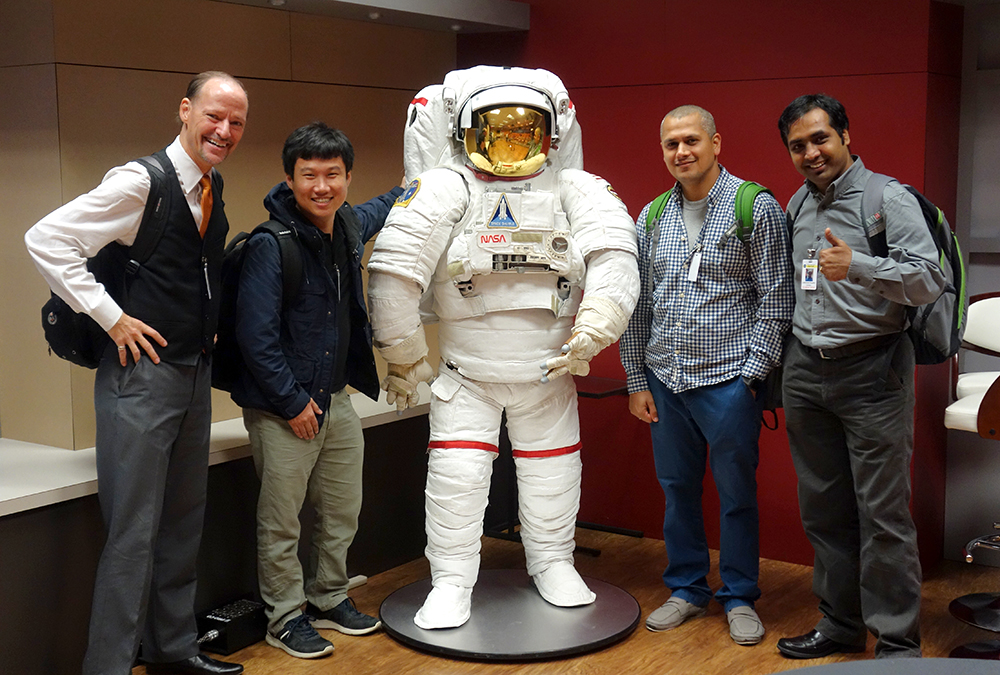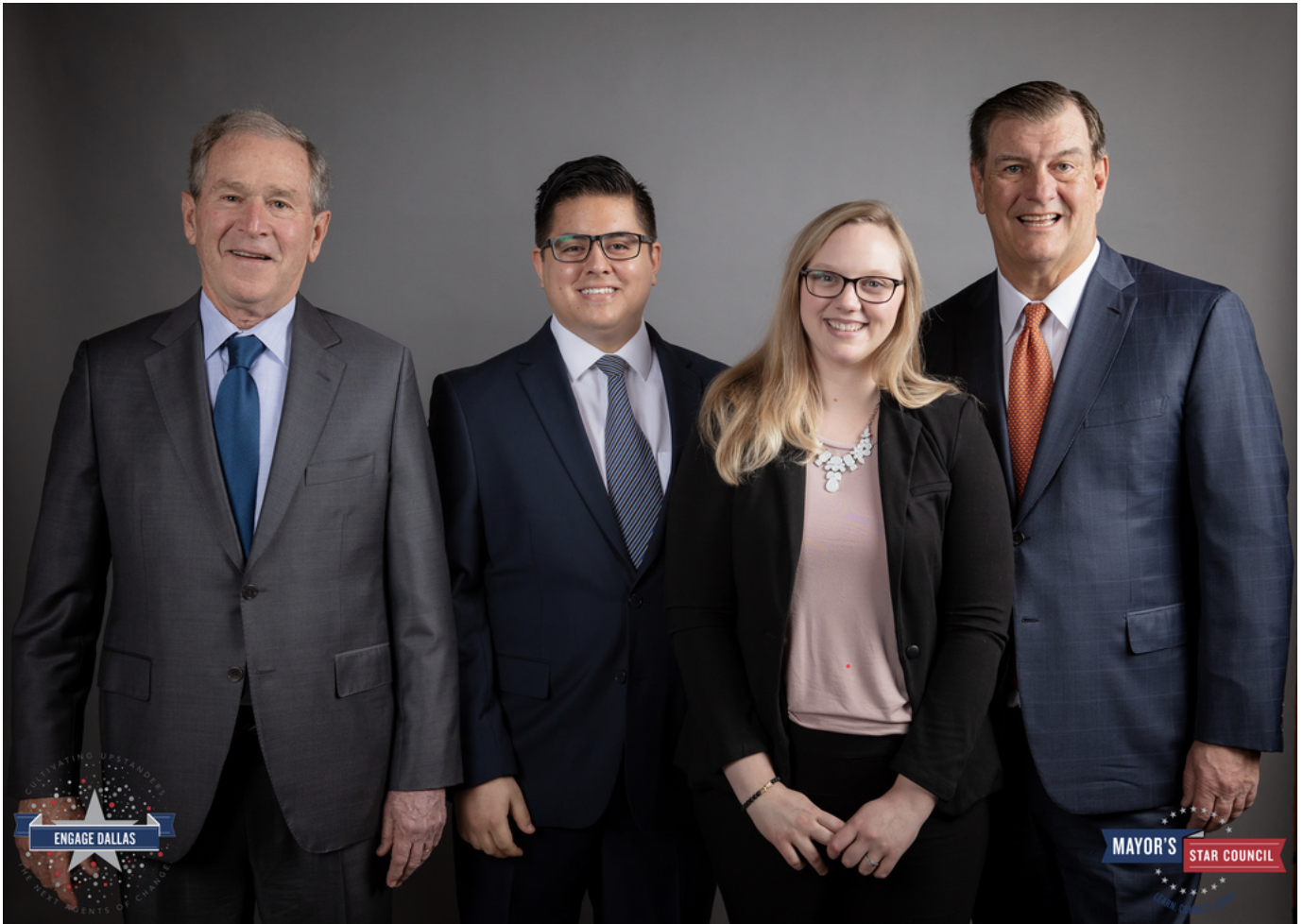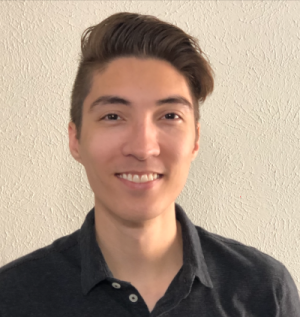Alumni Spotlight: Abhijeet Sangwan

Abhijeet Sangwan PhD’09 has a broad perspective of working both in academia as a researcher at The University of Texas at Dallas and launching his own business. Today, he still seeks to hire UT Dallas graduates and interns. He enjoys sharing how he embraces failure as an essential part of building a business and how he has found success through perseverance.
Tell us more about yourself and how you are connected to UT Dallas.
I earned my PhD in electrical engineering at UT Dallas and worked primarily as a research staff member. I was a co-principal investigator on a NASA project with Dr. John Hansen, and I also did some work funded by the National Science Foundation.
How were you involved with the NASA Apollo project?
Researchers face challenges obtaining quality data. I study sentiment and emotion recognition, and it’s hard to recreate real emotion in a lab. When I first began working with John, we were asking ourselves, where can we get real data? All the NASA missions—that’s real stuff. If you look at Apollo 13, they had a major incident. People were responding, and you can see the emotion. When we look at real situations, we can create better systems.
After we approached NASA, we found the entire Apollo mission corpus was never digitized. By the time I left, about halfway through the project, we had around 20,000 hours of data. We used the data for several different research opportunities, including motion detection, speech recognition and new algorithms.

Tell us more about where you are today. How did you go about starting your company pulseM?
I have always had a practical inclination, to take what we learn in the lab and do real things with it. I am the chief technology officer at pulseM, so I am in charge of our full product road map. Our business is completely based in Dallas though we serve businesses nationwide, and currently has 13 full time staff. We have a high level of service, so we look for high-quality people. We are selective, but a startup provides people with numerous opportunities to serve in multiple roles and gain exposure.
Essentially, our company provides tools to automatically detect the quality of the customer service experience. We primarily serve home services contractors. These businesses may set up the services, but they never really know what happened. So we set up text messaging and other applications to improve the customer experience. We provide room for customers to share. The feedback can improve marketing outcomes as well as the customer experience. It’s always best to know right away if someone has a negative experience because you can respond.
We have been through three stages already, and we are in a new stage of growth. We have done everything organically—we did not borrow money. We have more control, so as we are seeing with the recent events of COVID-19 related shutdowns, we are able to take care of our employees. Nobody else is deciding our fates. We have always used remote tools and can continue doing so under these circumstances.

You have hired a number of UT Dallas alumni as well as interns. Why do you prefer hiring UT Dallas graduates?

Senior software architect Tim Davis BS’15 double majored in computer science and math.
Five out of our 13 full time staff are UT Dallas alumni, including Gian Brazzini BS’17, director of engineering; Tim Davis BS’15, senior software architect; and Jacob Juarez BS’19, software engineer. Our director of engineering is probably about six to eight years ahead of where he would be typically for his age, but he’s also incredibly experienced.
Our two current interns are also from the Jonsson School. We attended the Intern Fair last February, and I was really impressed by the freshmen, actually. We interviewed about 35 people, and we were asking, “When did you start programming again? Were you 10 years old?” One showed us a prototype of blockchain applied to recycling. It was like something you would see from a senior design project. We’ve had tremendous success in hiring UT Dallas graduates early, especially while they are still students. So basically, if the person has the skills, we will hire them.
So what advice do you have for Fearless Engineers who are considering starting a business?
You should be open to taking risk. Take risks as early as possible. If you don’t have that, it’s not really possible to be an entrepreneur. School is often structured, so you don’t fail, but in business, you are 100% going to fail. Enjoy it. Become good at learning from it.
I think we should fail as much as we succeed. If everything is looking good in my business, everything is coming together, then I’m skeptical. If we’re not failing at something, it means we’re not taking enough risks.
People have a romantic notion of running a business, or working for yourself. In reality, there’s a lot of pain. I am an engineer, so I am always trying to think of how to make science useful. That’s the power we have. But in the process of making the business, you discover a hundred different problems to solve. You have to convince people to pay for what you do and think of where you add value.
Essentially, many people with PhDs have very deep inclinations. I have spent over a decade on research and about four years in the commercial world. Honestly, if you like to solve problems, both entrepreneurship and academic research are challenging.
How are you staying connected to the University?
The most important way we are giving back to UT Dallas is through the internships right now, since we’re still a small company. We’ve had interns from the Jonsson School as well as the University’s Naveen Jindal School of Management. It’s a great way for students to learn about startups, and we have a very open culture.


